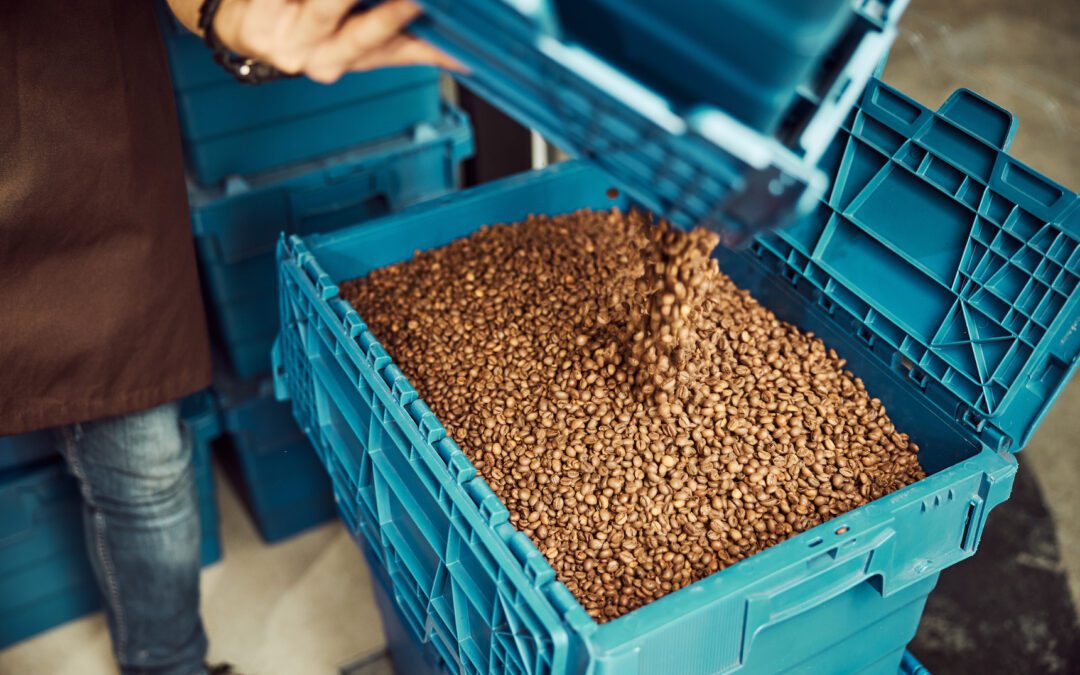Whether your enterprise uses bins, pallets, racks, crates, drums, or shipping containers, you know there are sound economic reasons for investing in reusable containers. Reusable containers are far more economical than disposable ones over their useful lifetime. They are tangible assets, just like manufacturing equipment or raw materials. Unfortunately, the reusable containers of many businesses go missing in the supply chain, at quite a cost.
By definition, tangible assets of all kinds are reusable, with a usable-life calculation that includes depreciation, future replacement cost, maintenance and safety costs, and salvage value. When an asset goes missing, you’re losing money beyond the initial cost. You’re also losing the value of the full depreciation as well as paying for the cost of replacement. Your finances may have been based on replacement costs over a number of months or years, and suddenly you’re paying out significant sums to replace assets prematurely.
Losing reusable containers before they have reached the end of their useful life has a direct negative impact on your business’s finances. The Automotive Industry Action Group (AIAG.org) estimated the cost of replacing missing reusable containers at $750 million annually, in U.S. auto manufacturing alone. Plastic pallet theft costs businesses approximately $500 million a year.
It pays to keep track of your reusable containers.
But manually tracking reusable containers can cost your operations even more money. Manual tracking – paper logs, checking out and checking back in, tracking missing items through all possible locations – is labor-intensive and error-prone.
RFID is the technology solution that more and more enterprises are using to manage their reusable containers. Once considered economically viable only for large operations, today’s RFID systems are cost-effective for the majority of small businesses. The cost of RFID tags has dropped, but additionally, researchers have found that inexpensive single-use tags can in fact be reused multiple times, just like the reusable containers they’re affixed to. A pilot study showed that RFID-tagged reusable agricultural containers could repeatedly travel from orchard to retailer and back again, over 1,000 miles, without tag or data loss.
Moreover, each tag’s unique identifier can be associated with information about the container’s contents. Beyond tracking the reusable container itself, the contents can be identified and tracked – beneficial data for quality assurance, compliance, and customer satisfaction, automatically delivered in the RFID system’s reports.
RFID will make sure your business doesn’t “pay the freight” for the cost of missing reusable containers. An RFID consultant can help you build a customized solution to keep track of these valuable business assets.
Photo © Svitlana / AdobeStock


Recent Comments